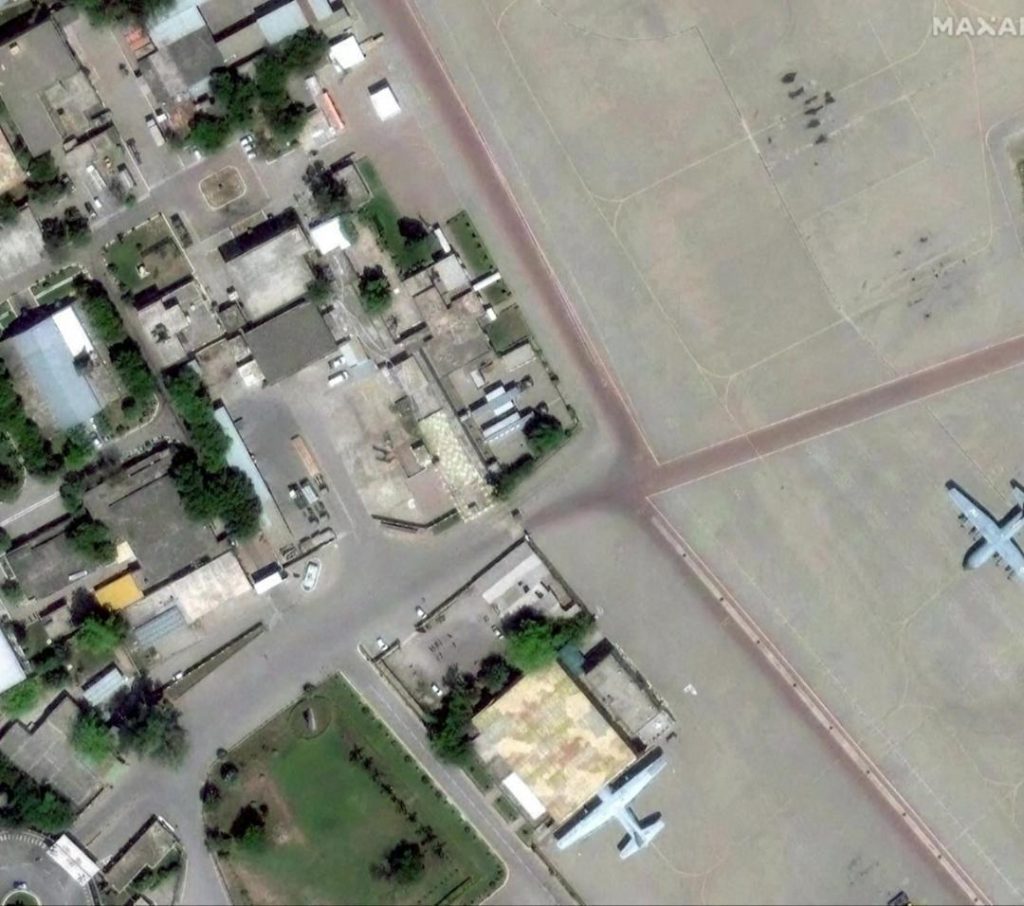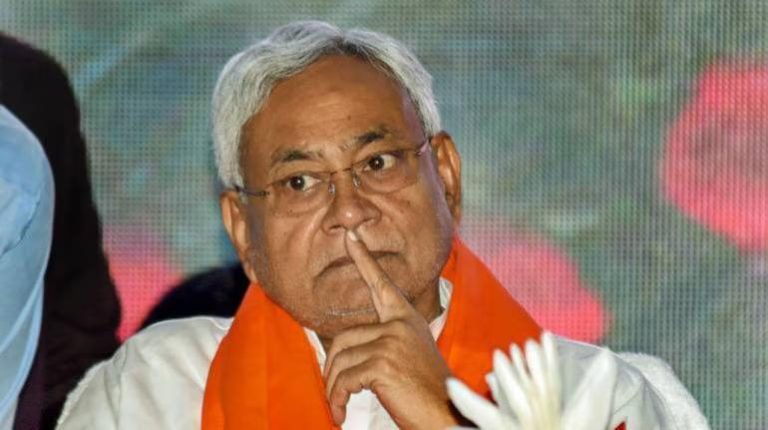
Air Defence Systems of China & Pak No Match for India’s BrahMos: Expert
In a recent development that has sent shockwaves across the global military landscape, an American urban warfare expert has hailed India’s precision strikes on Pakistan’s air bases, stating that the air defence systems of China and Pakistan are no match for India’s BrahMos missile. Colonel (Retd) John Spencer, a renowned expert in urban warfare, made these comments while analyzing India’s Operation Sindoora, which saw the Indian Air Force (IAF) launch precision strikes on Pakistan’s air bases using BrahMos missiles.
According to Colonel Spencer, the BrahMos missile is a game-changer in the world of air defence, and its capabilities far outweigh those of China and Pakistan. “Chinese air defence systems and missiles are sub-par vis-à-vis India’s systems…India’s message was clear. It can hit anywhere in Pakistan anytime,” he said in an interview.
For those who may not be familiar, BrahMos is a supersonic cruise missile developed by India in collaboration with Russia. It has a speed of over Mach 2.8 (around 2,000 mph) and can travel a distance of over 300 kilometers (186 miles). The missile is capable of delivering a payload of 200 kg (440 lbs) of high-explosive fragmentation warhead, making it a highly effective weapon for precision strikes.
In the context of Operation Sindoora, BrahMos missiles were used to target Pakistan’s air bases, causing significant damage and disruption to the country’s military infrastructure. The operation was carried out in response to a terrorist attack in Pulwama, Jammu and Kashmir, which killed over 40 Indian security personnel. The attack was claimed by Pakistan-based terrorist group Jaish-e-Mohammed, and India’s military response was seen as a bold and decisive move to assert its sovereignty.
Colonel Spencer’s comments have been met with widespread approval and admiration within India, with many hailing the country’s military prowess and strategic capabilities. The BrahMos missile has been a cornerstone of India’s military modernization efforts, and its deployment has significantly enhanced the country’s air defence capabilities.
China and Pakistan, however, have been quick to dismiss Colonel Spencer’s comments, with Chinese military officials claiming that their air defence systems are among the best in the world. Pakistan, too, has sought to downplay the significance of the BrahMos missile, emphasizing the country’s own military capabilities and alliance with China.
Despite these claims, Colonel Spencer’s assessment is unlikely to be disputed by experts in the field. BrahMos has been praised for its speed, accuracy, and range, making it a formidable weapon system that can penetrate even the most advanced air defence systems. The missile’s capability to engage multiple targets simultaneously and its ability to fly at extremely low altitudes make it a highly effective weapon for precision strikes.
In addition to its military capabilities, BrahMos has also been a symbol of India’s growing military cooperation with Russia. The missile system has been developed jointly by India’s Defence Research and Development Organisation (DRDO) and Russia’s NPO Mashinostroyenia, and its deployment has marked a significant milestone in the Indo-Russian defence partnership.
In conclusion, Colonel Spencer’s comments have sent a clear message to China and Pakistan: India’s air defence systems, led by the BrahMos missile, are a force to be reckoned with. While both countries may have their own air defence systems, they are no match for the capabilities of BrahMos. As India continues to modernize its military and enhance its air defence capabilities, its neighbours would do well to take note of Colonel Spencer’s assessment and plan accordingly.
Source:






